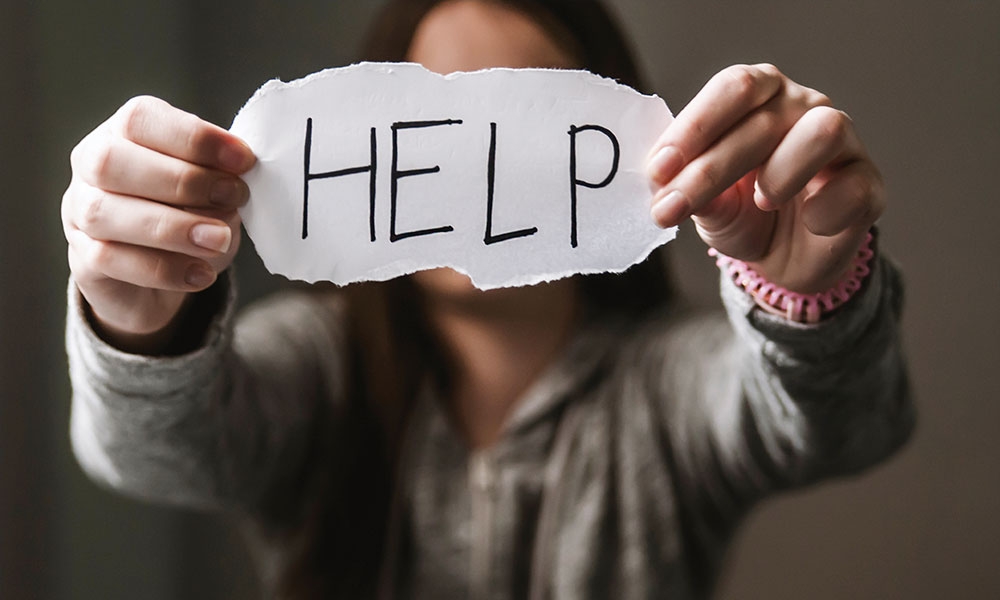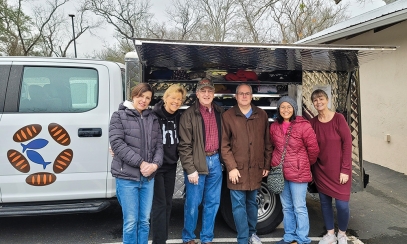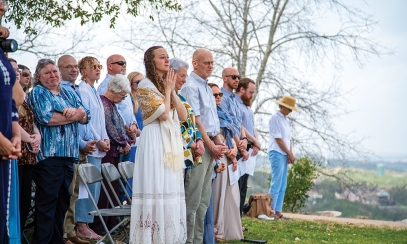
Being aware of abuse during the holidays
Holidays, and holiday breaks, are usually a blessing. We get to celebrate many different events surrounded by family and friends, especially the birth of Christ at Christmas. For some, however, these breaks from work or school mean an increased likelihood that they will experience abuse.
Holidays, and holiday breaks, are usually a blessing. We get to celebrate many different events surrounded by family and friends, especially the birth of Christ at Christmas. For some, however, these breaks from work or school mean an increased likelihood that they will experience abuse.
Statistics show that domestic violence increases over holiday seasons. This may be due to increased stress, increased drug and alcohol use during celebratory times or simply because an abuser may spend more time with their family and friends while work and school are out.
According to the National Domestic Violence Hotline, one in four adult women and one in seven adult men have experienced severe physical violence from an intimate partner in their lifetime, keeping in mind that abuse statistics are often underreported.
Here are some signs of abuse to keep an eye out for in the months to come:
-
Physical signs like bruises or cuts that the person has trouble explaining or that seem worse than what the explanation would merit.
-
Changes in behavior like:
- Being unusually withdrawn
- Wearing clothes that are inappropriate for the weather/occasion (sunglasses inside, turtlenecks when it is warm out) or putting on excessive makeup to cover up
- Seeming uncharacteristically anxious or depressed
- Increase in drug and alcohol use
- Canceling plans at the last minute (when they used to be more accountable with plans)
-
Unhealthy relationship behaviors
- Having to ask permission from a partner to see or talk with friends
- Constantly having to defend themselves against jealousy or accusations of infidelity
- Constantly having to check in via phone or text to avoid negative repercussions
- Needing a partner to “accompany” them to events where only one person was invited (e.g., a husband insists on attending an all-female event because he doesn’t believe it will be all women.)
It is never the victim-survivor’s fault that abuse has occurred. If you know someone who may be experiencing abuse, talk to them in a calm, empathetic manner. Research shows that it typically takes seven attempts for a victim-survivor to leave an abusive partner. Let them know you will be there for them. Offer them resources if possible (see box below) and tell them they can always call or report the abuse to the police by calling 911 or by going to a local police station.
Resources:
- National Domestic Violence Hotline: www.thehotline.org
- Travis County Sheriff’s Office Victim Services Resources: www.tcsheriff.org/services/victim-services/resources#H2811
- General Counseling Resources: www.austindiocese.org/resources-information
If you or someone you know has experienced abuse by a person in ministry,
please report the abuse to law enforcement and submit a Notice of Concern (found at www.austindiocese.org/report-abuse) to EIM@austindiocese.org.
Abby Turner is director of Ethics and Integrity in Ministry for the Diocese of Austin. She studied allied health and psychology at Texas A&M University. When not at work, she enjoys reading, running and exploring Austin.



